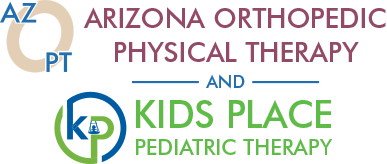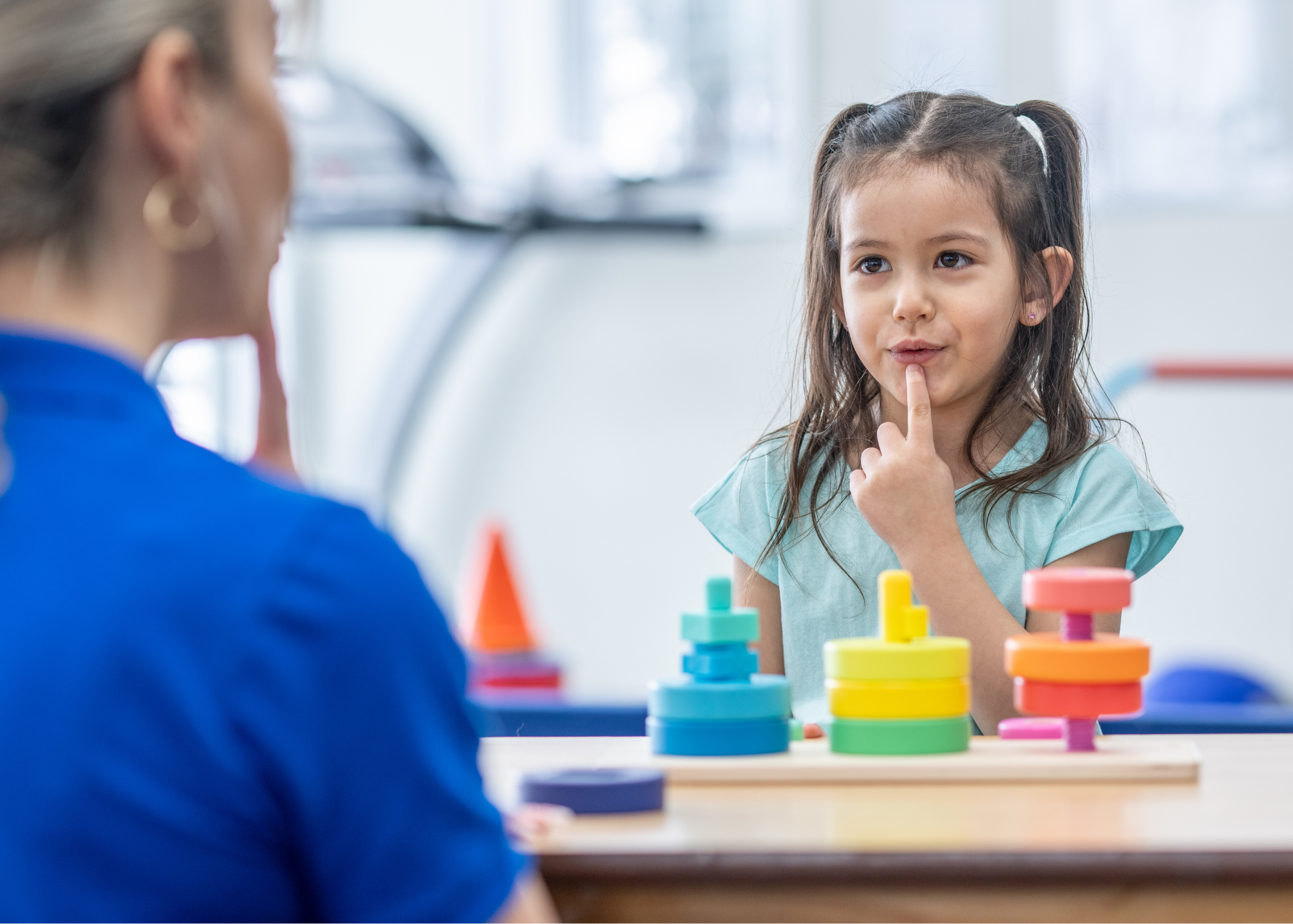What is Pediatric Speech Therapy?
Pediatric speech therapy focuses on evaluating and treating children with communication challenges, including speech, language, social communication, and feeding/swallowing disorders. Speech-language pathologists (SLPs) work with children from infancy through adolescence, addressing issues such as delayed speech, articulation disorders, stuttering, voice disorders, and difficulties with understanding or using language. Additionally, SLPs help children who have trouble with feeding and swallowing. SLPs often work with individuals who have conditions like autism, cerebral palsy, Down syndrome, and other developmental disorders.
Pediatric SLPs tailor each session to the individual needs of the child, using play-based techniques to encourage communication, language use, and social interaction. These sessions often incorporate activities that build vocabulary, improve articulation, enhance social skills, and strengthen oral-motor skills necessary for feeding.
What is Speech and Language Development?
Speech and language development is a dynamic process that varies widely among children. Parents often have concerns about their child’s ability to communicate effectively, including whether they are meeting typical speech and language milestones. The early years are particularly crucial, as this is when children rapidly acquire the ability to understand and use language to express their needs, thoughts, and emotions.
“Typical” speech and language development encompasses a broad range of ages and abilities, making it challenging for parents to determine whether their child’s development is on track. Factors influencing this development include a child’s exposure to language, social interactions, hearing ability, and cognitive development.
While the timing of developmental milestones is important, the quality and effectiveness of a child’s communication are equally critical. SLPs assess both the clarity of speech (articulation) and the child’s ability to use language functionally in everyday situations.
Speech and Language Milestones and When to Be Concerned
Below are typical ranges for speech and language milestones, along with indicators that may signal the need for further evaluation:
| Skill | Normal Age Range | Concerned Time Period | Quality of Development |
| Babbling | 4-6 months | 7 months not babbling | Babbling should include a variety of sounds (e.g., “ba,” “da”). |
| First Words | 10-14 months | After 15 months | Should be using simple words like “mama” or “dada” with meaning. |
| Combining Words | 18-24 months | After 24 months | Should begin combining two words to make simple phrases (e.g., “more juice”). |
| Following Simple Commands | 12-18 months | After 18 months | Should be able to follow simple instructions like “come here” or “give me the ball.” |
| Speaking in Sentences | 2-3 years | After 3 years | Should be forming 2-3 word sentences, with increasing clarity. |
| Telling Stories | 3-4 years | After 4 years | Should begin telling simple stories or describing events, even if not fully clear. |
| Clear Speech | 4-5 years | After 5 years | Most speech should be understandable to strangers. Difficulty with certain sounds may still occur but should be improving. |
Other Red Flags That Pediatric Speech Therapy May Be Required:
- Lack of eye contact or social interaction by 12 months
- Difficulty imitating sounds or gestures
- Limited use of gestures like pointing or waving by 12 months
- Not responding to name or common phrases
- Persistent hoarse or nasal voice
- Difficulty with feeding or swallowing (e.g., coughing during meals, food refusal)
- Stuttering that persists or worsens after 4 years of age
Again, these are general guidelines. The overall quality of communication and how the child uses language in daily life is crucial. For more information and details on these milestones, check out the American Speech-Language-Hearing Association website.
If you, or your pediatrician, have concerns about your child’s speech or language development, please click here to request an evaluation at one of our four pediatric speech therapy clinics in Arizona.







